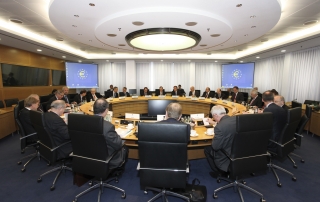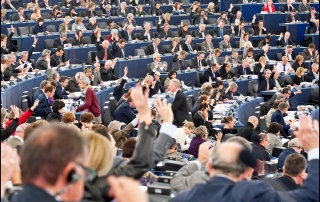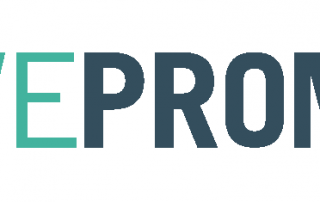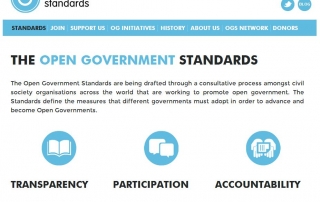ECB Criticised for Lack of Transparency over Financial Crisis
Helen Darbishire2020-01-29T11:25:02+01:00Madrid/Brussels, 7 March 2014 – The European Central Bank (ECB) has once again come under fire for lack of transparency over the financial crisis, this time from the European Ombudsman who today regretted the decision not to release a letter sent to Ireland’s Finance Minister in November 2010. The ECB letter, which might reveal pressure on the Irish government to enter the EU’s bailout programme, was requested by Irish journalist and FOI activist Gavin Sheridan in December 2011 via the web platform AsktheEU.org. The request and all correspondence can be found here.







